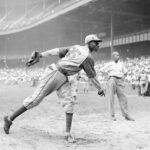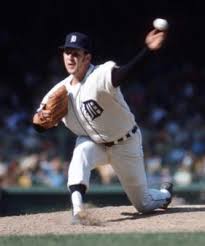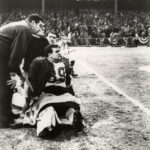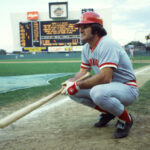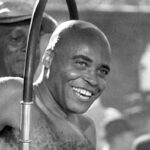7 Things To Consider Before Buying Sporting Memorabilia
Buying sports memorabilia is nothing new. In fact, collecting sporting items like signed athlete equipment, trading cards, contracts, and even a famous athlete’s baby photo dates back to the 1800s when baseball was becoming a popular pastime for New York’s elites.
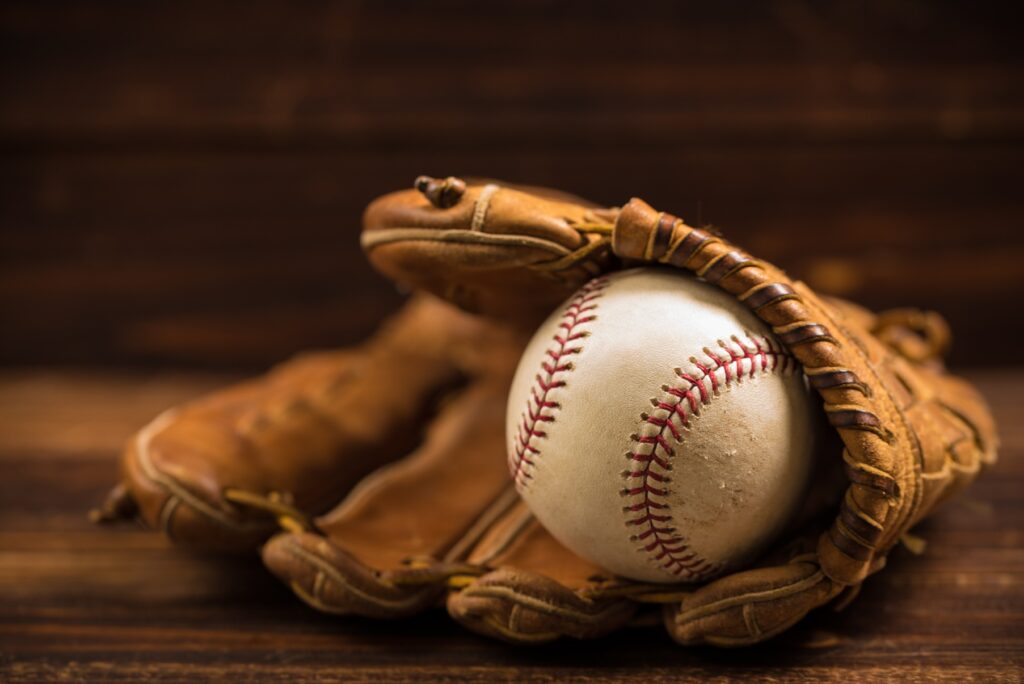
Today, collectors are even more aggressive when it comes to hunting down era-defining sports collectibles. It’s gotten so big that items like baseball and basketball cards have reached the million-dollar range in terms of value. The money involved in this business has attracted serious collectors and dealers like Thiago de Mattos and others investors who want a piece of this profitable industry.
For a rookie collector, this may seem too overwhelming. But this article will cover all that you need to know before you buy your first sporting memorabilia.
1. Know the Value of an Item
If you’re new to collecting sports memorabilia, do your research. The first step to collecting is knowing the value of a particular item. Factors like rarity, condition, age, authenticity, and the current market price all affect a sporting memorabilia’s value. Knowing the value of an item is essential because it helps you determine the price and the potential investment value a sporting item has.
As a serious collector, you don’t want to be paying more for something that should cost less. As someone looking at sporting memorabilia as an investment, you’d want a collection that will rise in value over time. You can find most of the information you need online, so make sure to check auction records and online forums to see how much a collectible cost and how to spot fakes.
2. Choose A Theme For Your Collection
Some sporting memorabilia are so valuable that it costs millions of dollars. And even if you’re not buying those expensive collectibles, collecting rare memorabilia can still break the bank if you try to chase everything.
This is why it’s crucial that you narrow down your option into a specific theme. Sports collectibles can range from trading cards, signed sports equipment, game-worn jerseys, and many more. Decide which ones you’ll include in your collection.
When choosing a theme for your collection, make sure that it reflects what you love and appreciate about the sport, team, or athlete. Streamlining your collection this way can help make your hunt for these items easier. You’ll avoid getting frustrated and accumulating a ton of things that you may no longer appreciate later on.
3. Set A Working Budget
Just recently, a 1:1 Luka Doncic rookie NBA card sold for $4.6 million US dollars. Although that type of collectible is on the upper echelon of trading cards, you need to understand that even lower-value items can have a hefty price tag.
This is why you must set a budget for this hobby and stick to it. If you’re firm on building your collection, take a portion of your paycheck and dedicate it to your collection funds. This way you’re able to pay for your essentials first and have enough saved for whatever sports relic you wish to buy.
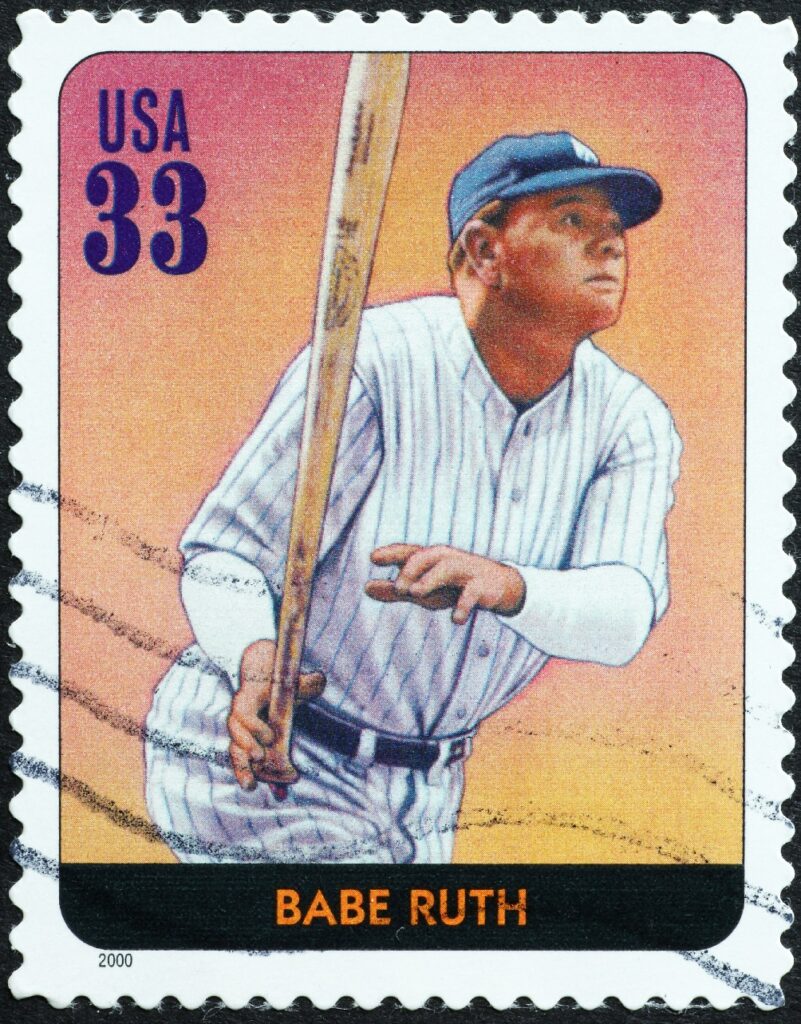
4. Be Smart When Purchasing
Since sports collection is a five-billion-dollar industry, expect that bootleg copies are circulating in the sports community. Finding a reputable dealer is essential if you’re wanting to enter the collecting business.
Joining a sports memorabilia forum or frequently visiting a sports blog dedicated to collecting can help you narrow down trustworthy dealers. Networking with other collectors can also help you track down dealers who sell authentic sports memorabilia.
5. Protect Your Collectibles
Keeping your valuable collection safe is also an important consideration. Building a collection of sports memorabilia like trading cards, contracts, photographs, jerseys, shoes, and gloves is like curating fragile art pieces. These items are highly susceptible to crumbling due to outdoor elements.
It’s important that you take the necessary steps to maintain these memorabilia’s upkeep to ensure that the materials remain intact and preserved over time.
Consider buying a valuable articles insurance policy that provides an ‘all-risk’ coverage for precious collectibles. This can help ensure that whatever happens to your prized possession, you’ll be able to get your money back.
6. Be patient
Building a collection of rare sports items takes a lot of time, energy, and money. So be patient. When you start to feel frustrated with the hunt, go back to why you started collecting in the first place. Doing so can refresh your purpose and help you move forward with your collecting endeavor.
7. Have Fun With The Hunt
If you’re collecting sporting memorabilia with investment in mind, understand that some pieces in your collection may not appreciate in value over time. This is why, from the very beginning, you need to figure out what you love about the sport. Your passion is what will give you the high that comes from finding the rare and obscure pieces you want in your collection.
Enjoy the hunt! If you’re a serious collector, a memorabilia’s value doesn’t matter whether it goes up or down.
Takeaway
Collecting sporting memorabilia can be a fun and profitable endeavor. If you’re considering buying your first collectible, consider the tips above to help you with your purchase.
Caleb Green

Caleb Green is a sports enthusiast with a background in graphic design. His passion for sports prompted him to write sports-related articles and design branded merchandise for various sports companies. Caleb loves football, basketball, and swimming. He enjoys traveling and collecting sports memorabilia too.
